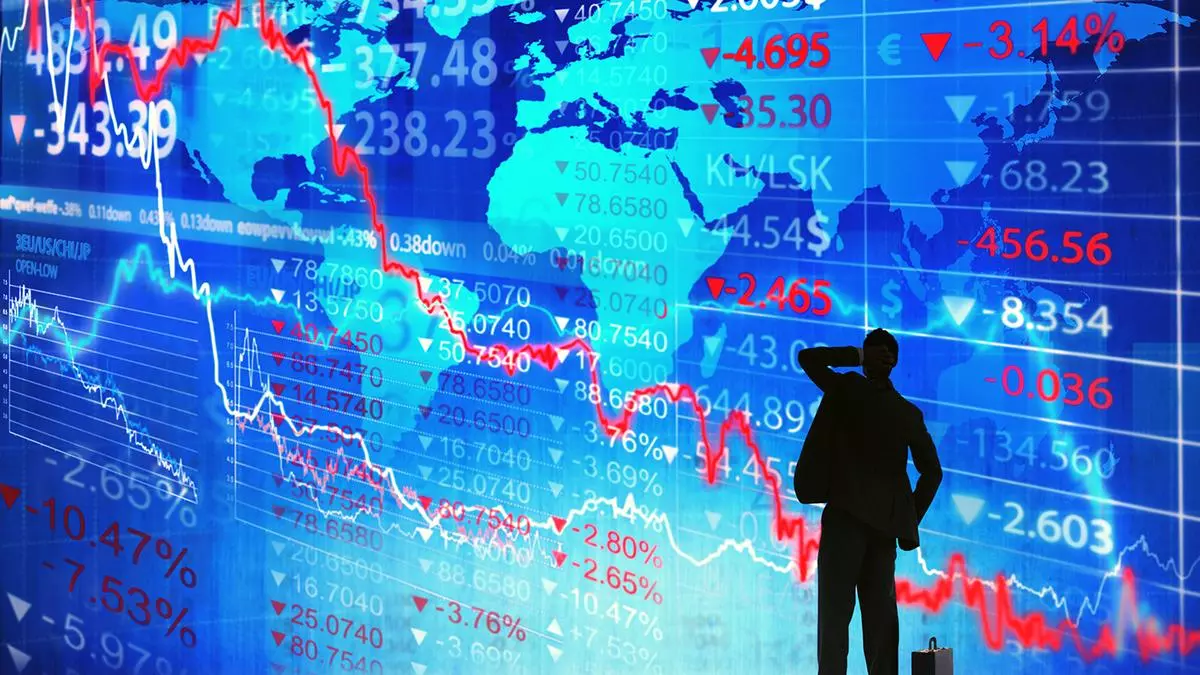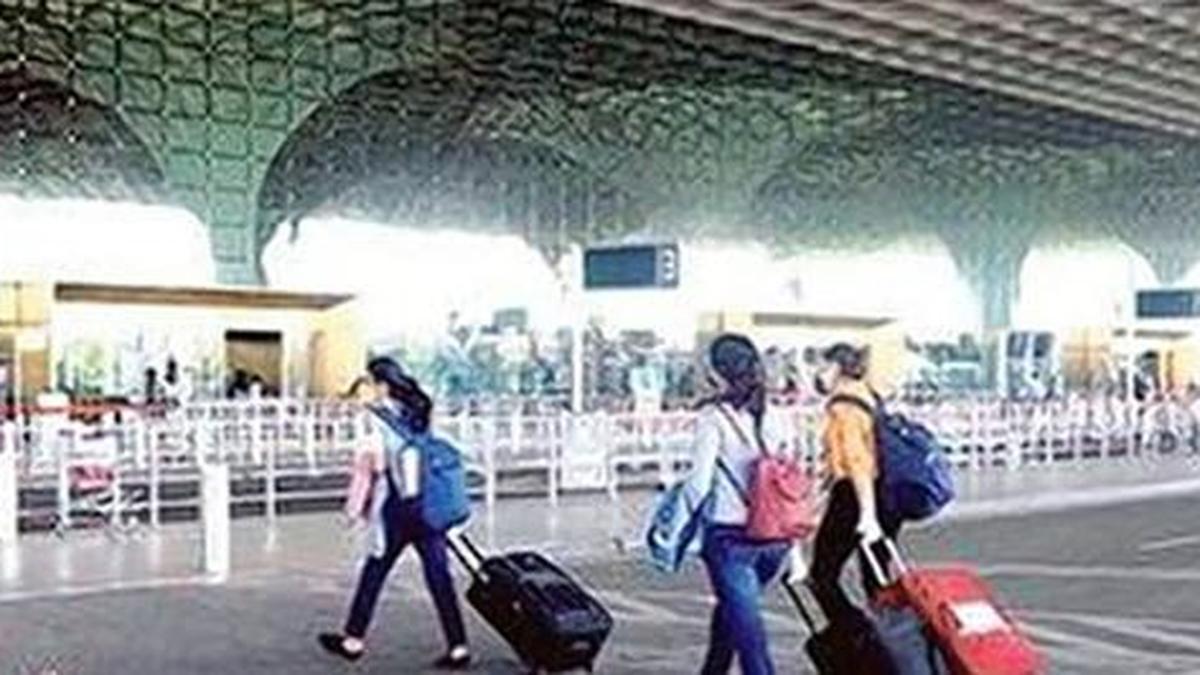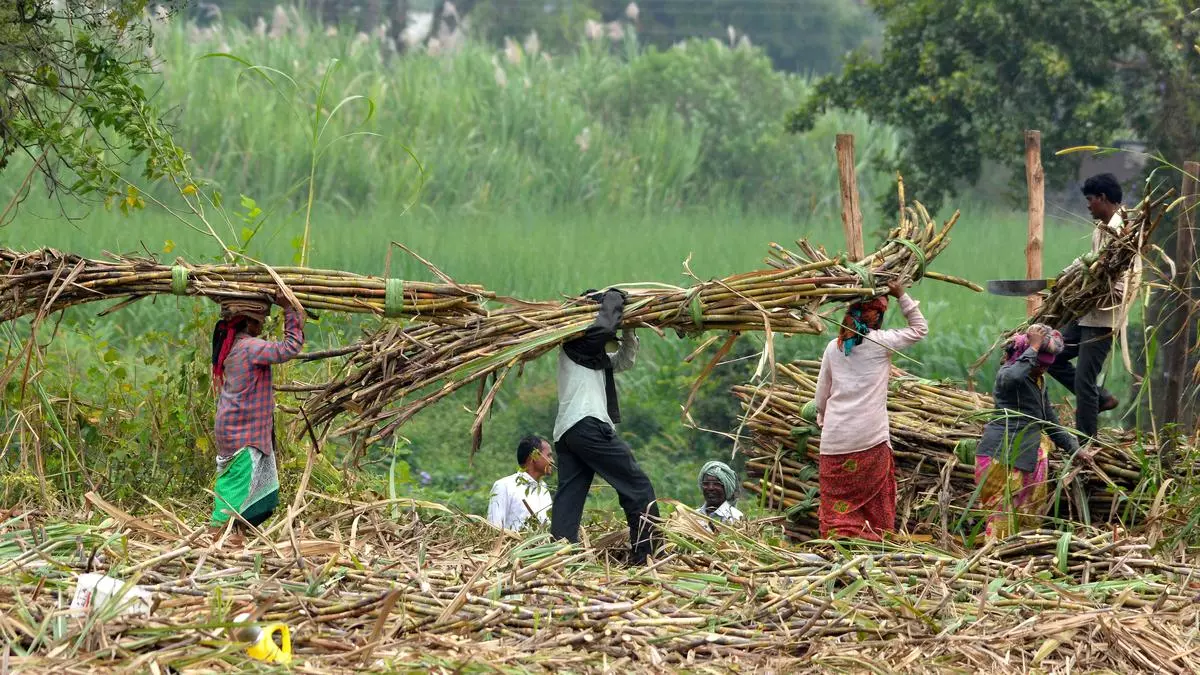India has raised objections to a European Union (EU) proposal to levy duty on export of (ferrous) scrap from member nations or ban export of scrap to non-OECD countries.
At a recent meeting of OECD (The Organisation for Economic Co-operation and Development) member countries, Indian officials, including representatives of the Steel Ministry, have pointed out that such proposals are âa restrictive trade practiceâ, those in the know told businessline.
âAt the OECD meeting held in March-end, Indian officials present there raised objections to the levy of export duty on ferrous scrap or ban them from non-OECD member countries. It was pointed out that such a move is trade restrictive specially for developing countries like us which have been trying to buy/import scrap and use it for steel making and reduce green-house gas emissionsâ, the official in the know said.
Globally 73 countries have already banned or restricted scrap exports already.
What EUâs new rules say
The Waste Shipment Management policy, currrently under discussion, in-principle mentions, exports of âgreen-listedâ waste are prohibited. Such exports may, however, still be allowed for non-OECD countries, if certain conditions are fulfilled.
The non-OECD countries still willing to receive waste imports from the EU must notify the European Commission of their willingness and demonstrate their ability to treat this waste in an environmentally sustainable manner.Â
A list of countries authorised to receive green-listed waste will be drawn up by the Commission based on the assessment of country applications and exports to countries that are not included will not be allowed.
Waste exports from the EU valued, was around 35.1 million tonnes (this includes plastic waste) as on 2023, while recycled steel exports (scrap) were reportedly 18.5 mt, up 7 per cent y-o-y, as per Eurostat, Davis Index.
Turkey is the largest buyer.
For steel scrap, the EU exports were around 20 per cent of scrap generated in the EU, due to insufficient uptake of steel scrap by European steel mills.
Indian concerns
India will likely continue to face a shortage of domestic scrap, since its per capita consumption of steel is yet to pick up to global levels, a Ministry official said. This would mean reliance on imports.
Being the second largest importer of steel scrap globally, India consumed around 9.9 mt in FY23. At Alang, the largest ship recycling yard in Asia, annual processing capacity is around 4.5 mt.
In calendar year 2024, nearly 2.3 mt of scrap came from Europe, up 64 per cent y-o-y.
Import duty on aluminium scrap is 2.5 per cent.
There is a concern with EU and China both tightening trade norms in terms of export of scrap, stating envrionmental concerns, the official said.
There is already a Steel Scrap Recycling Policy and Vehicle Scrappage Policy in place with the latter operating in 12 states with over 98 scrapping centers (recyclers).
Strategic partnerships
Incidentally, an official in the know said, strategic partnerships with the Middle Eastern and African countries, could be looked at both at a G2G and an industry level. This would ensure âshorter lead times and also offset European restrictionsâ.
Options are also being explored for having collaborations with nations like Papua New Guinea.
Work is also being carried out towards âexpediting customs clearances with key partners like the UAE, using RFID technology for efficient scrap tracking,â the official added.
Crime Today News | Business & Economy
Source | Powered by Yes Mom Hosting





